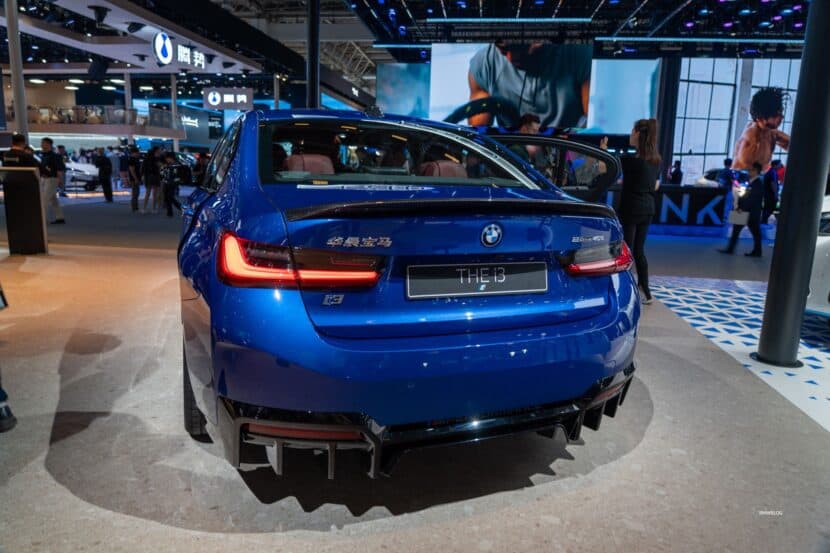China is by far BMW’s largest individual market. In the first half of the year, 376,353 cars were sold there. That’s about twice as many compared to the United States and roughly three times more than in Germany. In the first six months of the year, BMW fell by 4.3% in China compared to the same period last year. Unfortunately, the situation got a lot worse in the third quarter.
BMW delivered only 147,691 vehicles in the July-September interval; a whopping 29.8% drop compared to Q3 2023. Consequently, year-to-date sales stand have plummeted by 13.1%. That’s despite the launch of volume products such as the X1 and iX1, both of which are produced locally with a long wheelbase. In addition, only China gets the i3, an electric sedan based on the stretched 3 Series built there.
BMW blames a “difficult environment” and an “ongoing weak demand” for the bad year it’s having in China. Archrival Mercedes isn’t doing any better since its sales decreased by 13% in the third quarter of 2024. The three-pointed star puts the blame on lower demand for luxury goods and more discounts applied by other brands on their electric vehicles.
China is the biggest car market in the world, the country where foreign automakers are currently having a difficult time. Domestic brands can sell much cheaper cars, especially EVs. Sales numbers show BMW is heavily impacted by the weaker demand in China. Globally, the luxury brand is down 2.3% in the first nine months of 2024.
Another major reason why the figures aren’t looking great this year is because BMW had to postpone deliveries of around 320,000 cars that potentially have problems with the Integrated Braking System (IBS). This situation has created a perfect storm, forcing the company to revise its sales goals for 2024. Initially, it wanted to top last year’s record-breaking deliveries but now it projects shipments will be lower.
Source: BMW






































































